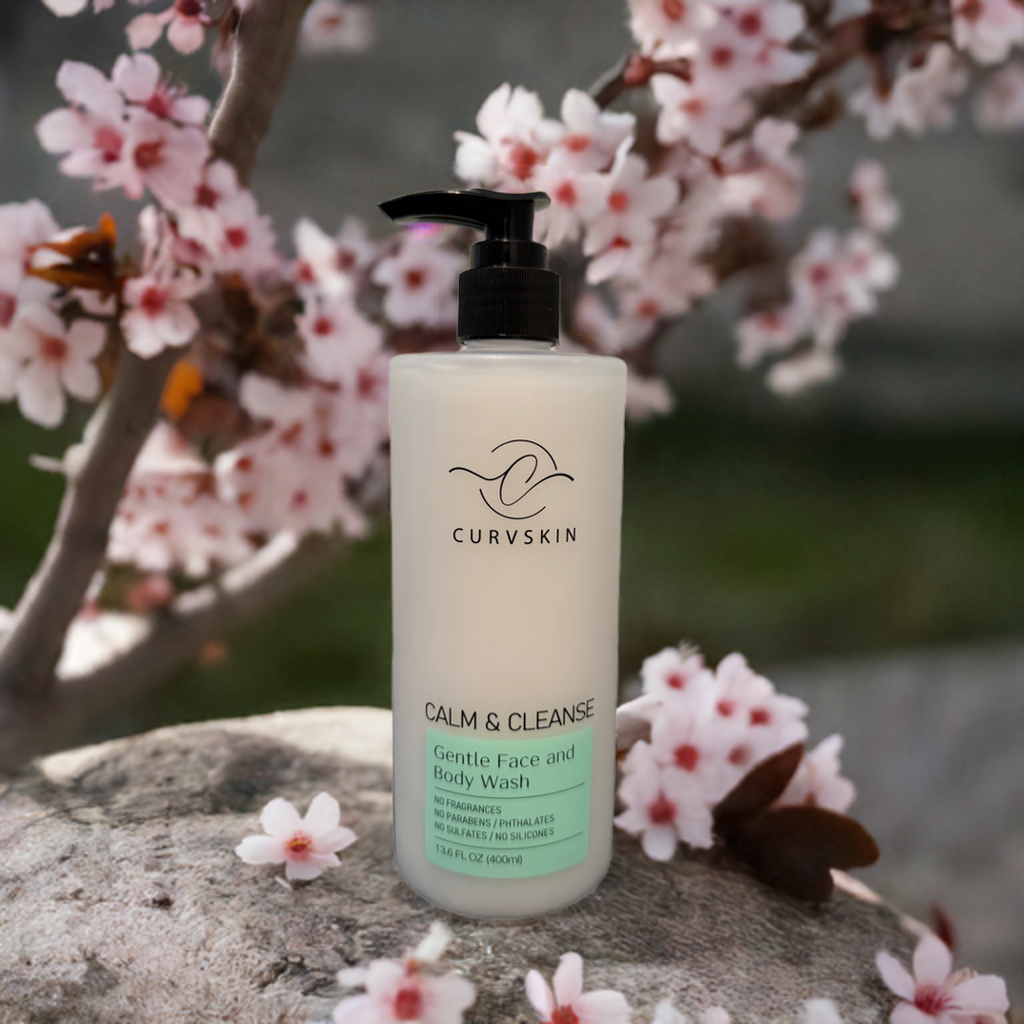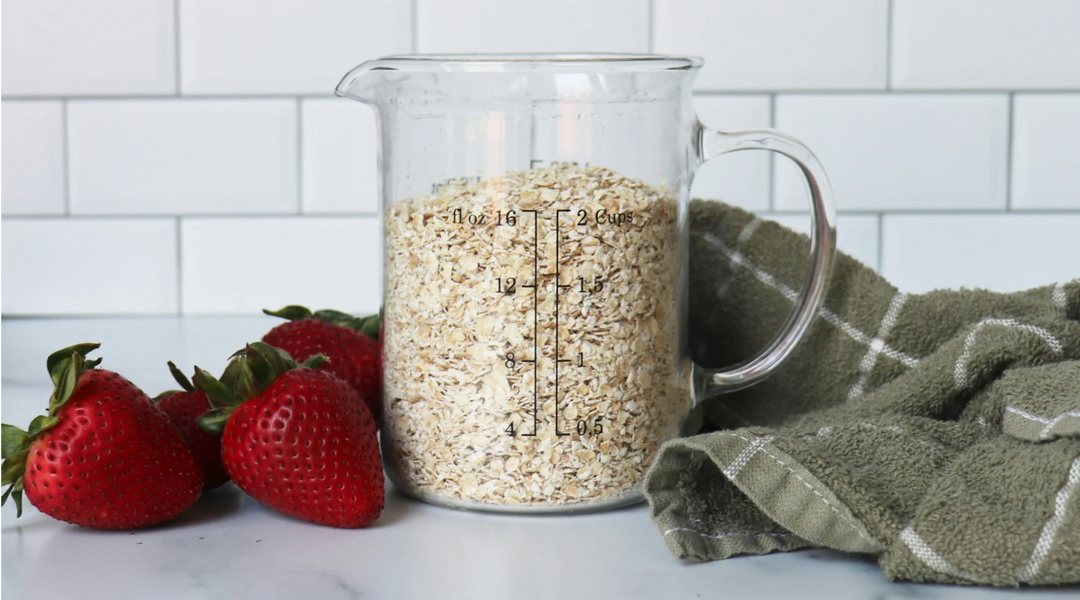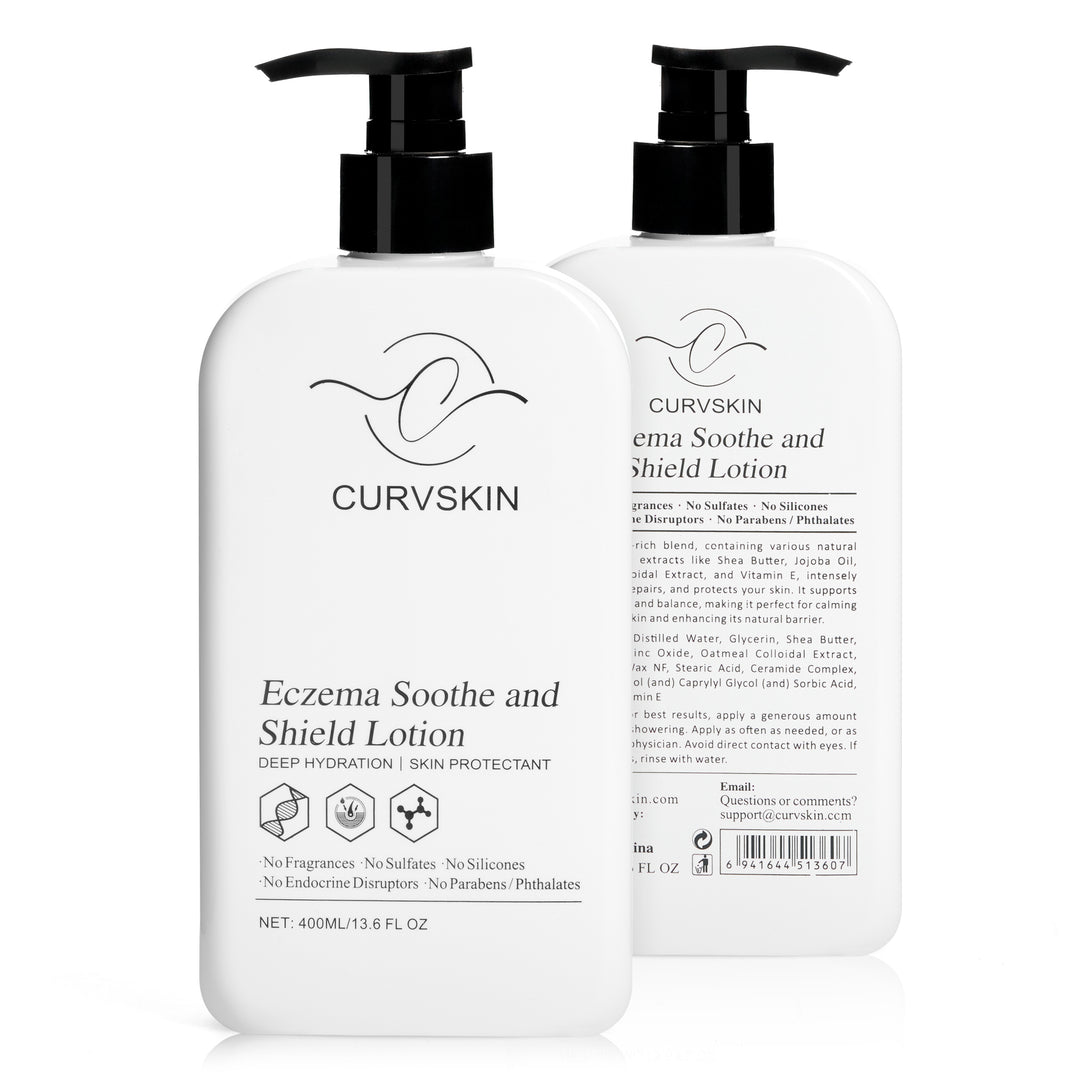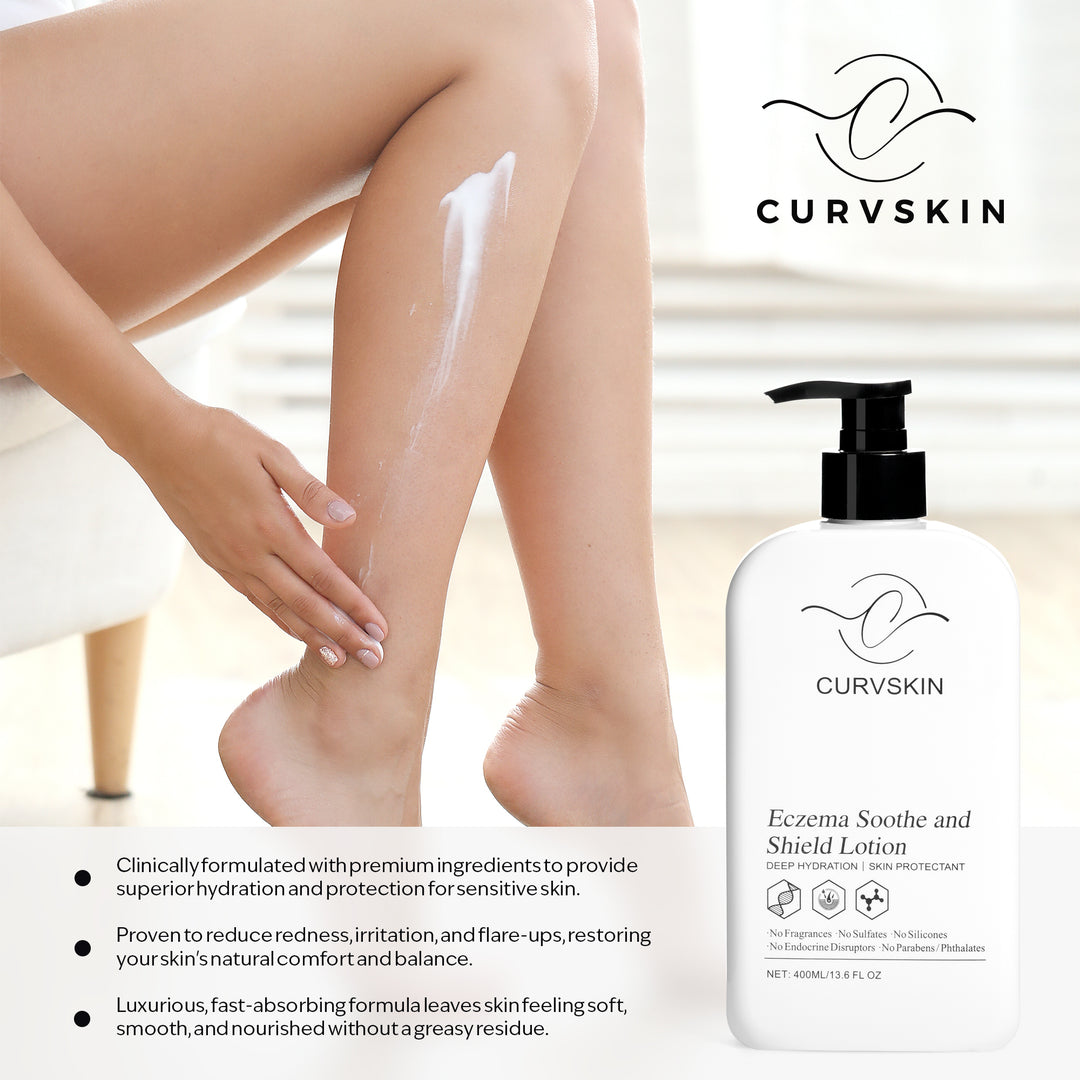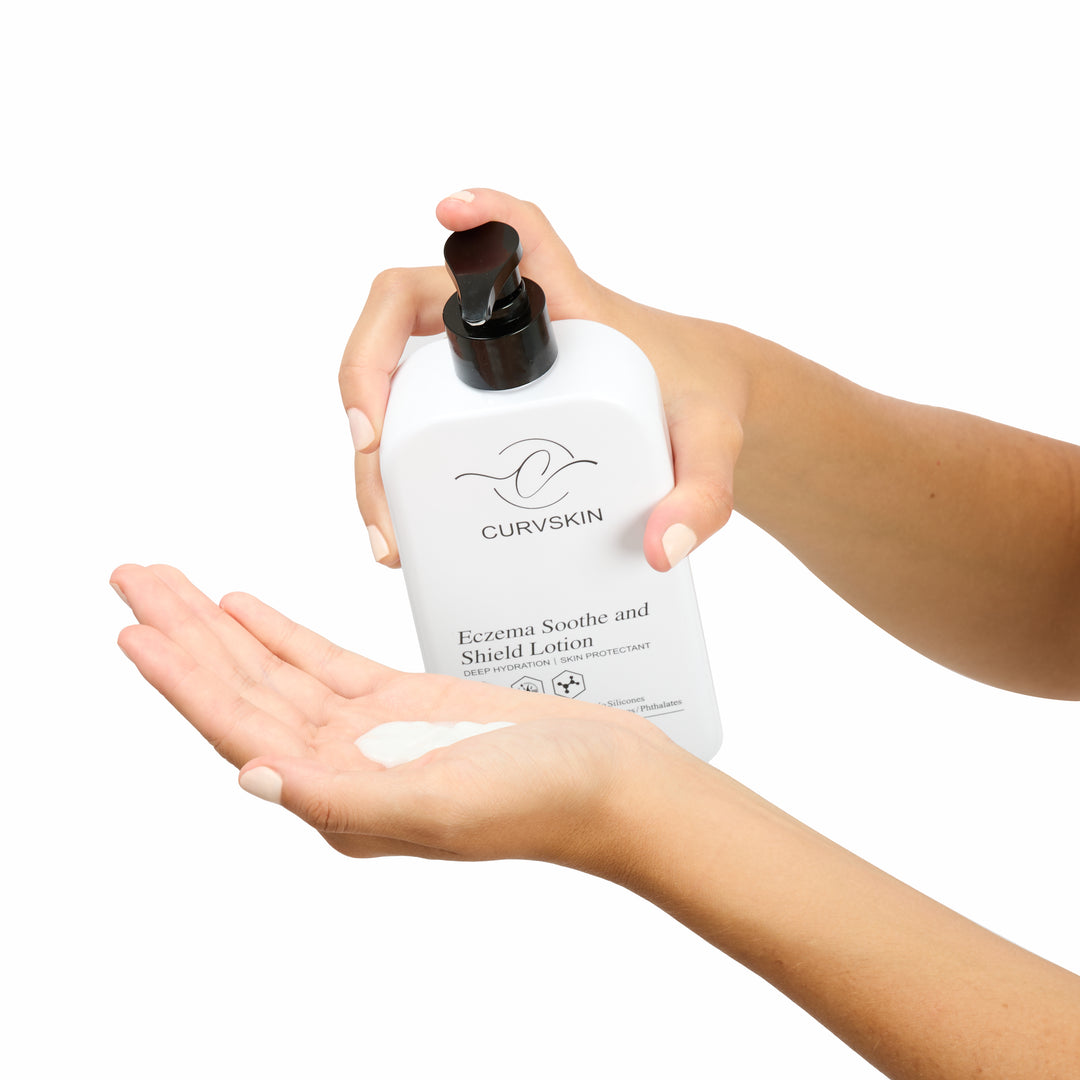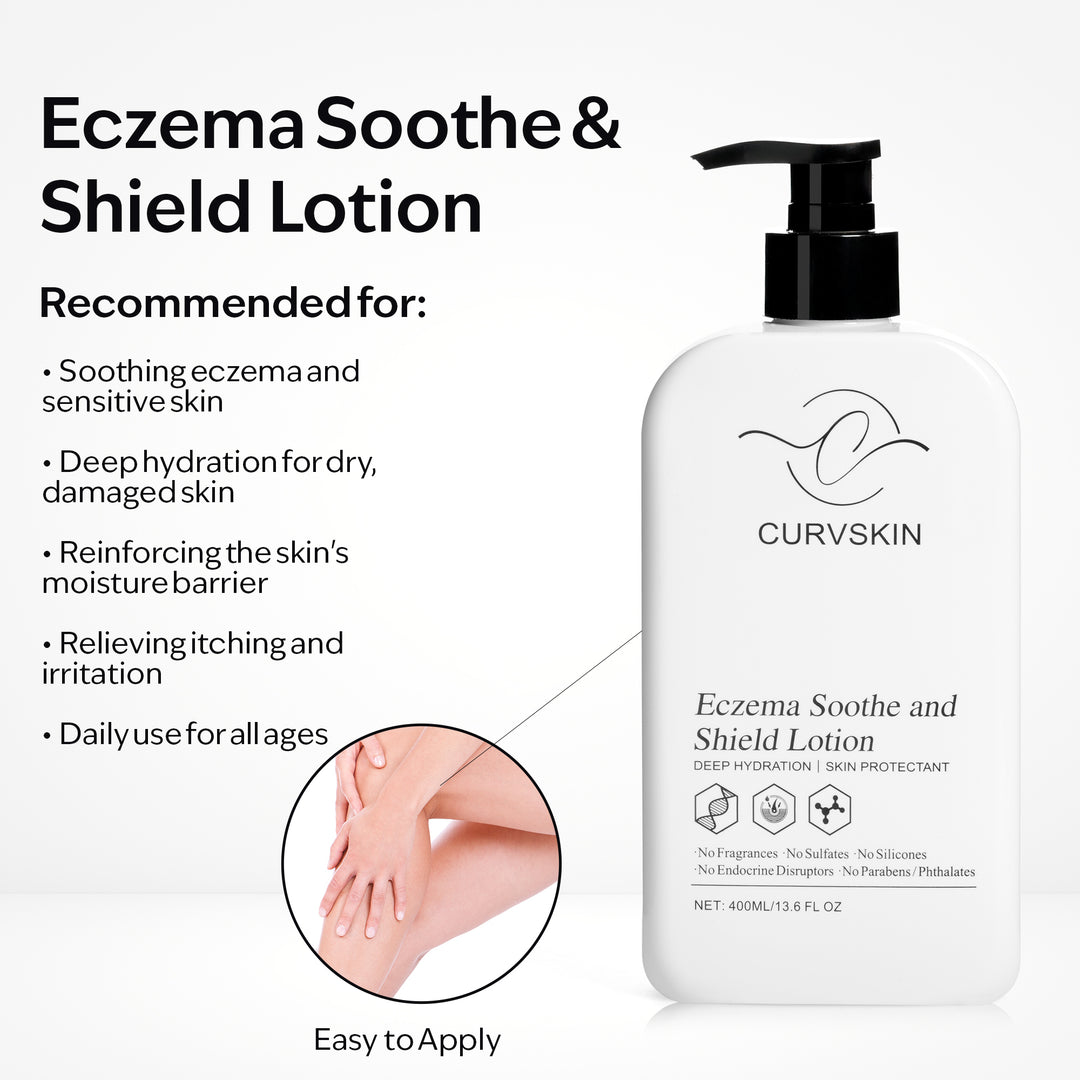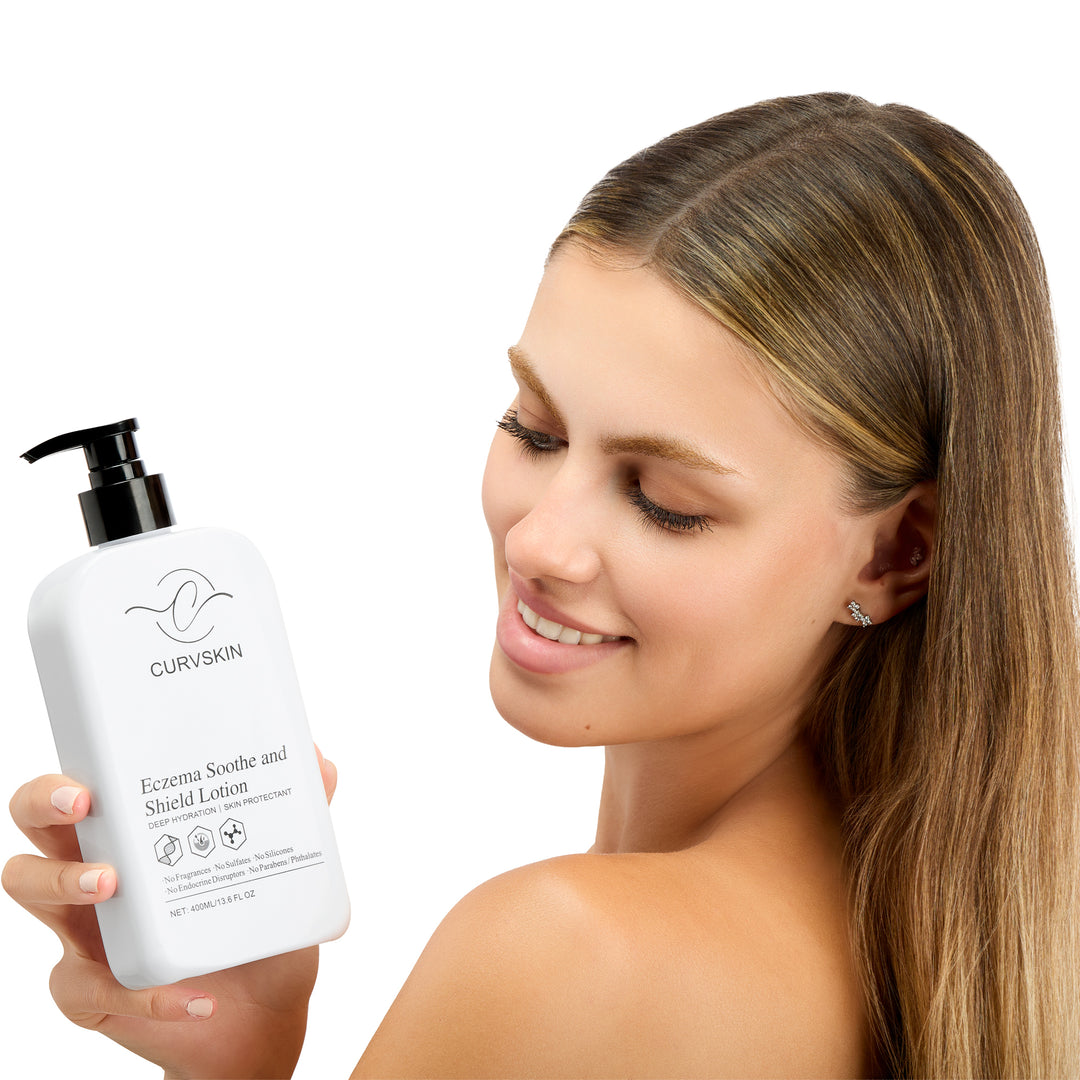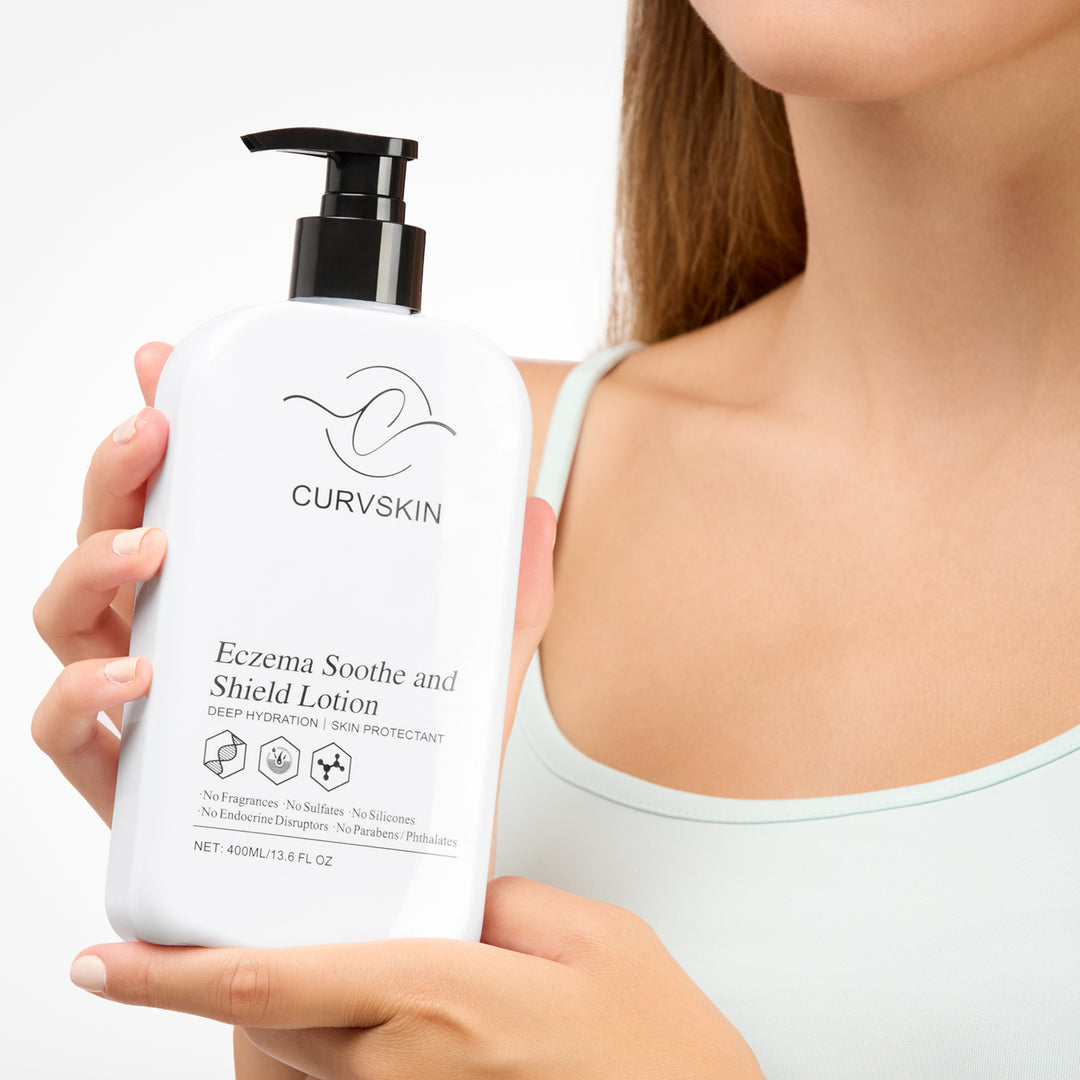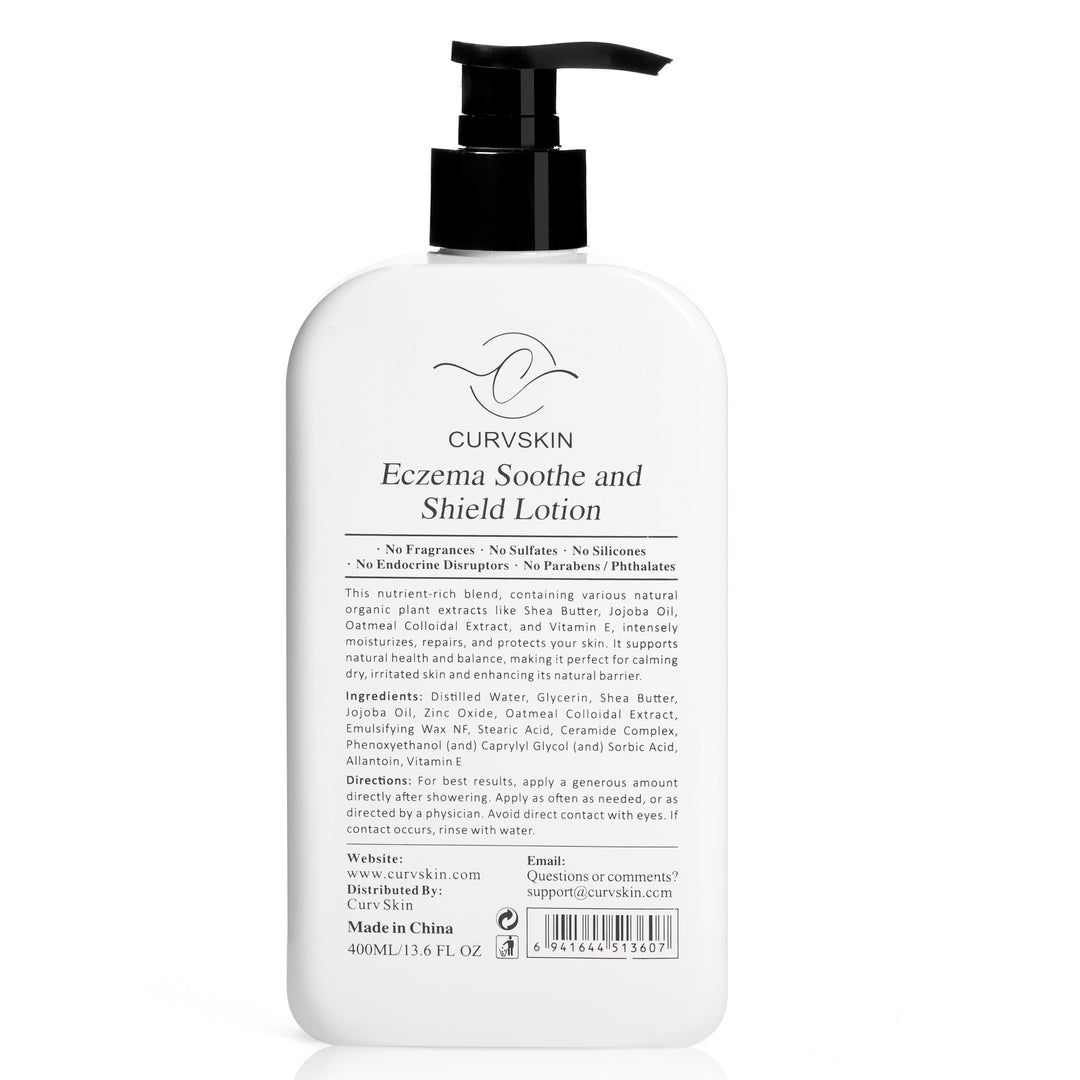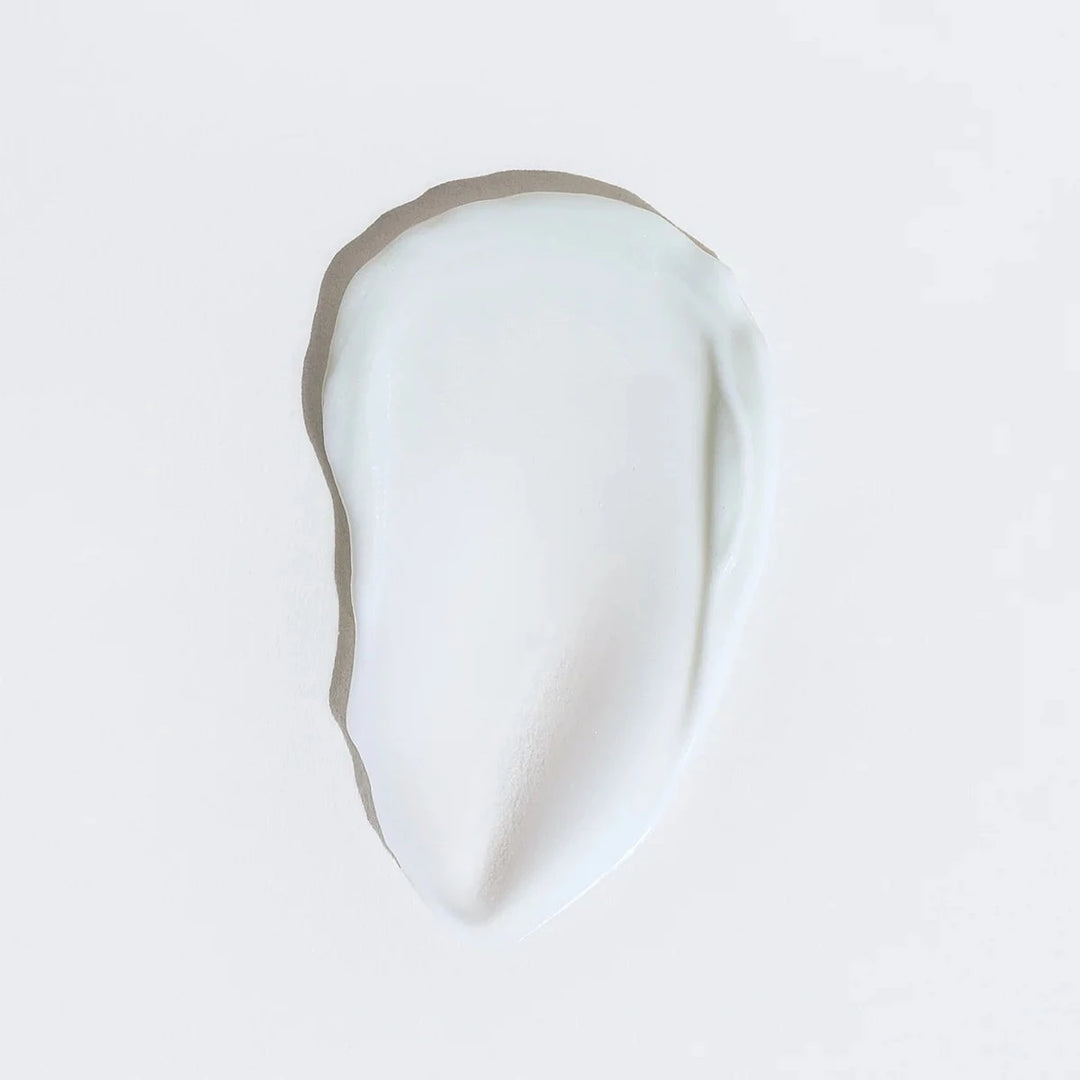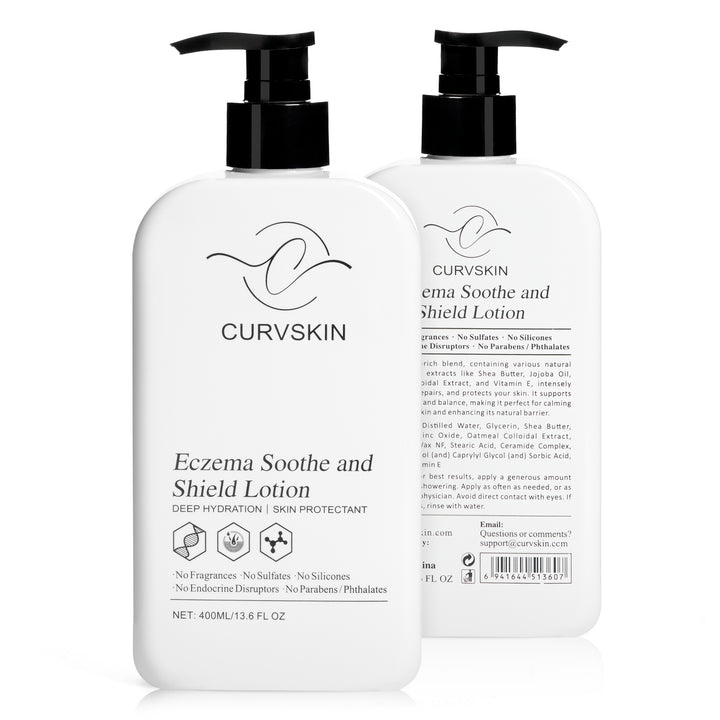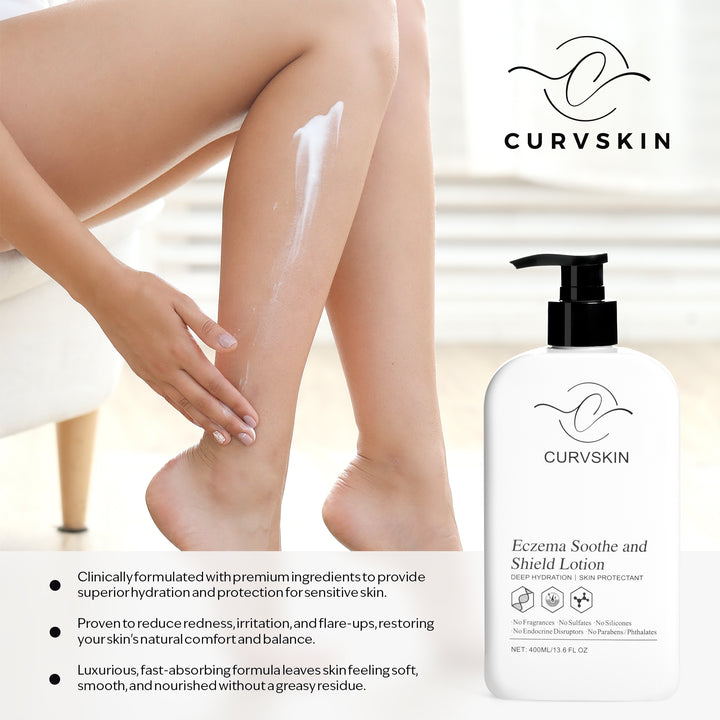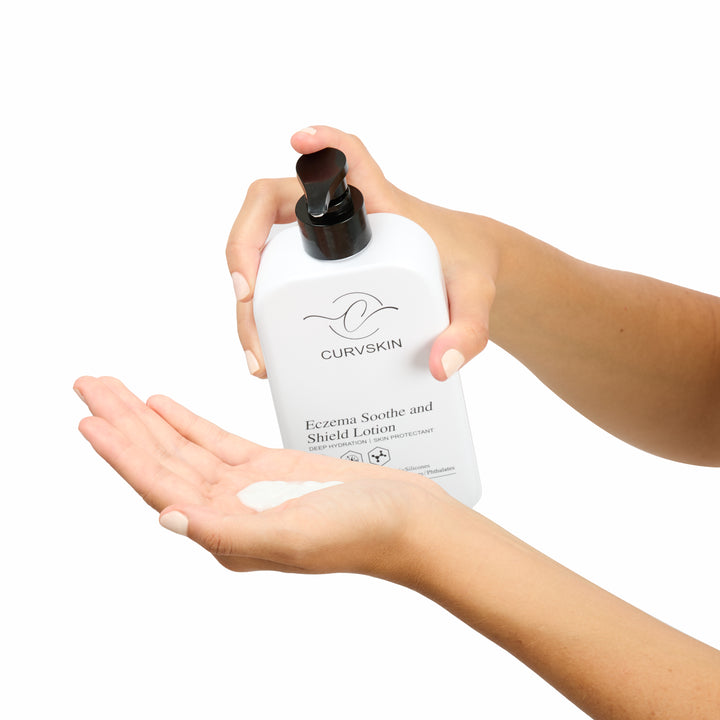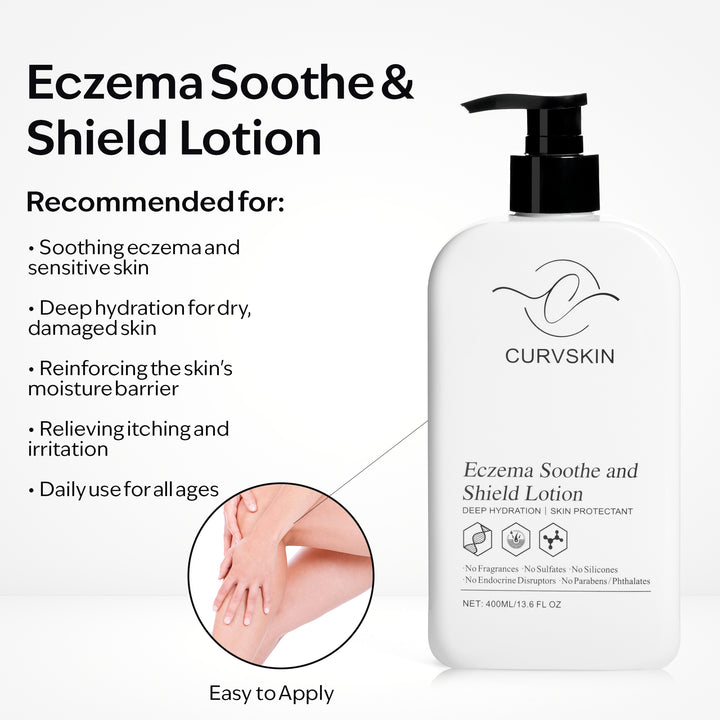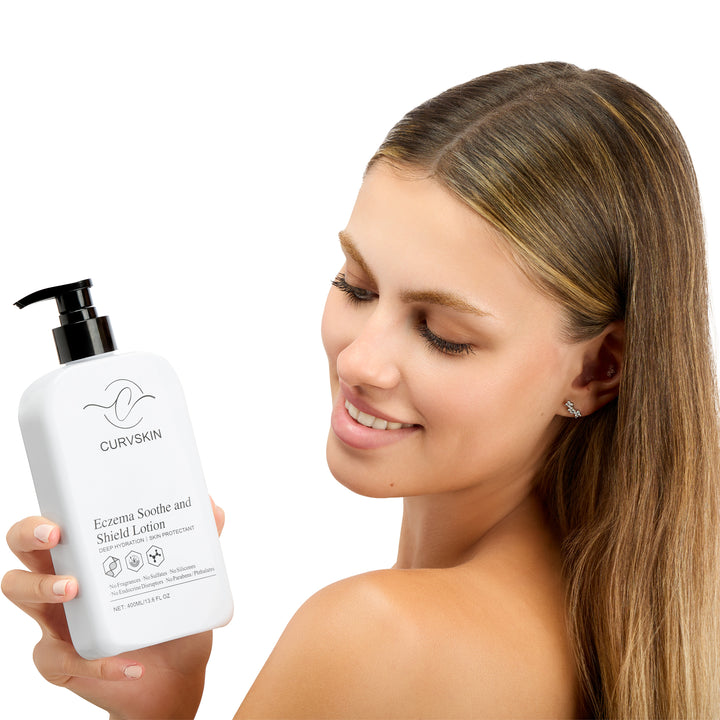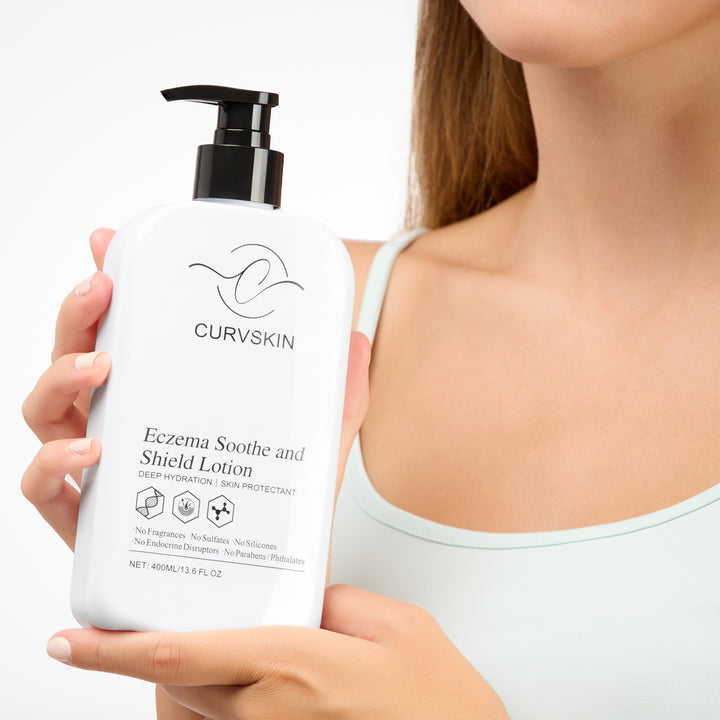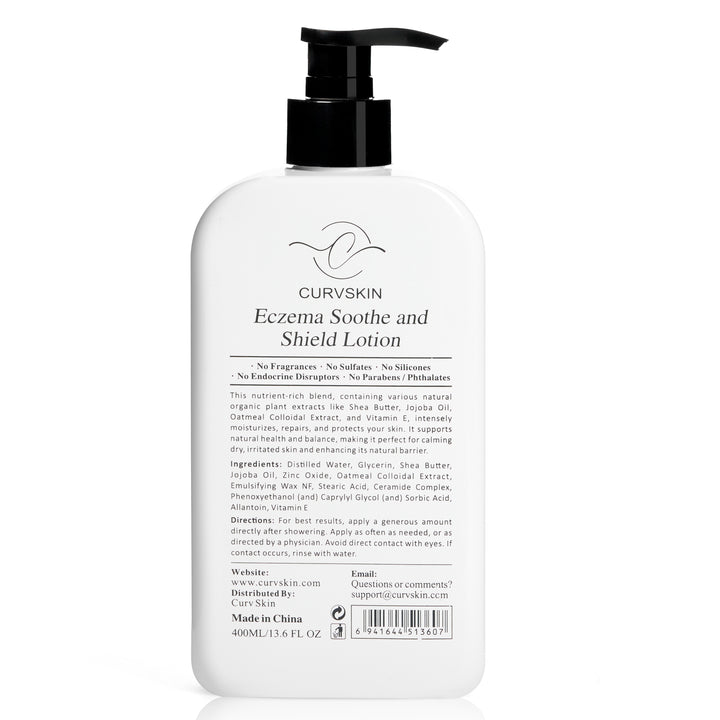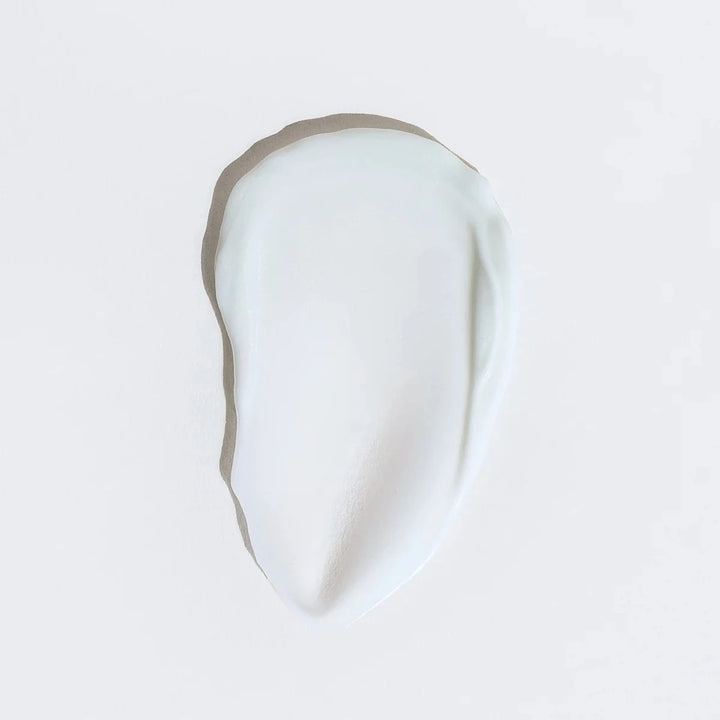Understanding Eczema: Causes, Symptoms, and Treatments
Eczema, also known as atopic dermatitis, is a common skin condition affecting millions worldwide. Characterized by dry, itchy, and inflamed skin, eczema can be both uncomfortable and distressing. This comprehensive guide aims to demystify eczema by exploring its causes, symptoms, and the various treatment options available, including the role of products like our Eczema Soothe and Shield Lotion in managing the condition.
What is Eczema?
Eczema is a chronic skin condition that causes the skin to become red, itchy, and inflamed. It's most common in children but can occur at any age. Eczema is a part of what's known as the "atopic triad," which also includes asthma and hay fever, and often runs in families with a history of these conditions.
Causes of Eczema
The exact cause of eczema is not fully understood, but it's believed to be triggered by a combination of genetic and environmental factors. People with eczema have a weakened skin barrier, which makes their skin more susceptible to irritants and allergens. This can lead to an overactive immune response, causing the symptoms of eczema.
Genetic Factors:
- Family History: A family history of eczema, asthma, or hay fever increases the likelihood of developing the condition.
- Gene Variations: Certain gene variations can affect the skin's ability to maintain a protective barrier.
Environmental Factors:
- Irritants: Substances like soaps, detergents, and fragrances can irritate the skin.
- Allergens: Pollen, pet dander, and dust mites can trigger eczema in some people.
- Microbes: Certain bacteria, viruses, and fungi can cause eczema flare-ups.
- Temperature and Humidity: Extreme temperatures and humidity levels can worsen eczema symptoms.
- Stress: While not a direct cause, stress can exacerbate eczema.
Symptoms of Eczema
Eczema symptoms can vary widely from person to person and can include:
- Dry Skin: One of the most common symptoms, leading to itching and redness.
- Itching: This can be severe, especially at night.
- Red to Brownish-Gray Patches: Commonly found on the hands, feet, ankles, wrists, neck, upper chest, eyelids, inside the bend of the elbows and knees, and in infants, the face and scalp.
- Small, Raised Bumps: These may leak fluid and crust over when scratched.
- Thickened, Cracked, or Scaly Skin: Chronic scratching can lead to thickened skin.
- Raw, Sensitive Skin: From scratching.
Diagnosing Eczema
Diagnosis typically involves examining the skin and reviewing medical history. Doctors may also perform patch tests or other skin tests to rule out other skin diseases or identify conditions that accompany your eczema.
Treatment Options
While there's no cure for eczema, treatments and self-care measures can relieve itching and prevent new outbreaks. Treatment might include:
Medications:
- Topical Corticosteroids: To reduce inflammation and itching.
- Systemic Corticosteroids: For more severe cases.
- Antibiotics: If a bacterial skin infection is present.
- Antihistamines: To help control itching.
Therapies:
- Wet Dressings: An effective, intensive treatment for severe eczema.
- Light Therapy: Using ultraviolet light can be helpful for some people.
Skincare:
- Moisturizing: Regular moisturizing can help restore the skin barrier. Products like Eczema Soothe and Shield Lotion, formulated for sensitive and eczema-prone skin, can be particularly effective.
- Gentle Skin Care: Using mild soaps and avoiding irritants.
Lifestyle and Home Remedies
Managing eczema also involves lifestyle adjustments and home remedies, such as:
- Avoiding Triggers: Identify and avoid substances that irritate your skin or cause an allergic reaction.
- Bathing and Moisturizing: Bathe in warm (not hot) water and apply moisturizer immediately afterward.
- Wearing Soft Fabrics: Avoid rough, scratchy fibers and tight clothing.
- Using a Humidifier: To keep indoor air moist.
Understanding eczema is the first step toward effective management. While the condition can be challenging, a combination of medical treatments, skincare products like Eczema Soothe and Shield Lotion, and lifestyle adjustments can significantly alleviate symptoms and improve quality of life.
